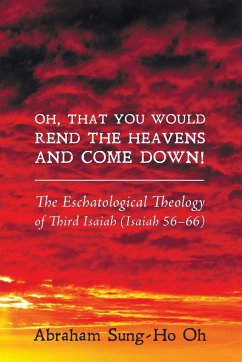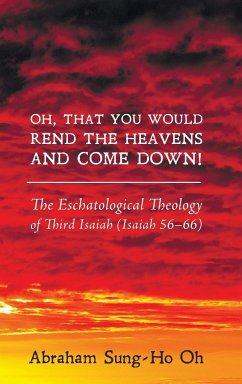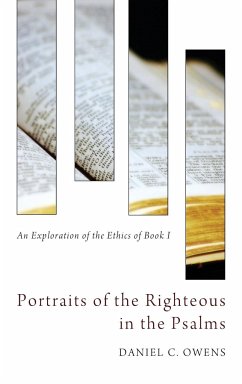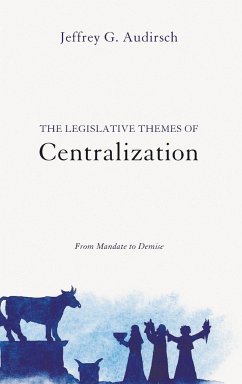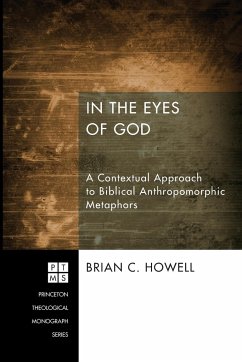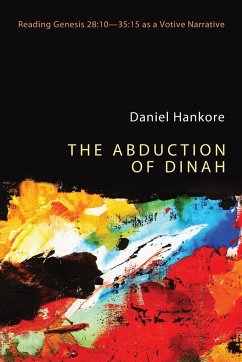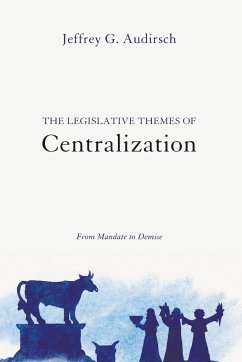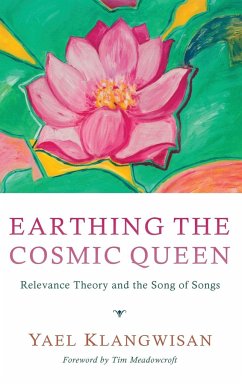Historical-critical scholars have often thought that writing a coherent theology of Isaiah 56-66 is impossible because it contains such historically and ideologically diverse materials. However, a canonical approach to the chapters is open to considering Third Isaiah as a complex but coherent theological unity. Leaning on this approach, this book attempts to construct a theology of Isaiah 56-66. Arguing that the theology of Third Isaiah has eschatology (both prophetic and apocalyptic) at its core, it identifies four major themes and explores their significance through four key texts (56:1-8; 59:15b-21; 60:1-22; 65:13-25). The covenant concept (56:1-8) forms a framework for the eschatology in these chapters. People are invited to walk in the covenant, which is worked out as eschatological salvation. The coming of YHWH as the Divine Warrior initiates the eschatological era (59:15b-21) and, bringing judgment, restores the covenant. As the Temple-city-paradise (60:1-22) into which the nations flow, the glorified Zion is the eschatological fulfilment of the covenant, Zion, and Servant traditions. The New Heavens and Earth (65:13-25) is a return to the primordial paradise, where the natural world is restored, as the problem of sin is resolved.
Hinweis: Dieser Artikel kann nur an eine deutsche Lieferadresse ausgeliefert werden.
Hinweis: Dieser Artikel kann nur an eine deutsche Lieferadresse ausgeliefert werden.

